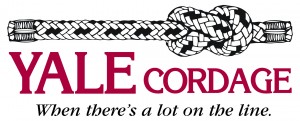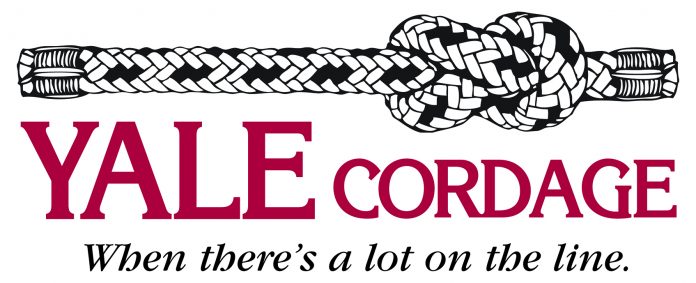
Purchasing Tips for Synthetic Tow Truck Winch Lines
On tow trucks all over, high-performance synthetic winch lines are rapidly replacing their wire counterparts. It’s a change driven by efficiency and safety. Synthetics are lighter, easier to handle, and just as strong or stronger than the same diameter steel wire rope; yet if they do fray or part, they typically do not pose the same threat wire does of injury from razor-sharp kinks or violent snap-backs. If last year’s harsh polar vortex gave your wire winch line a beating, or worse, made it a safety hazard, you may want to check out your synthetic options.
When you do, be sure to visit Yalecordage.com to find a local certified distributor. They’ll help you determine the right synthetic fiber for your workload, budget, and climate. Environmental conditions and the primary weight, volume, and frequency of use largely determine the ideal fiber. Choose the best construction for your working environment. Rain, freezing temperatures, sand, wind, heat, and sun exposure all play in to the type of braid you need.
Align the strength of your rope with the capacity of your rig, typically five or more times the rated capacity of your rig.
Analyze your work practices to determine energy absorption needs, ascertained by studying a stress-strain curve of load vs. elongation. Understand the splicing requirements of your lines. Many of the newer synthetics have proprietary splicing techniques. Keep up-to-date on usage techniques to keep you safe out on the road. Most distributors offer ongoing training and technical support. Take them upon it.
www.yalecordage.com
(207) 282-3396








